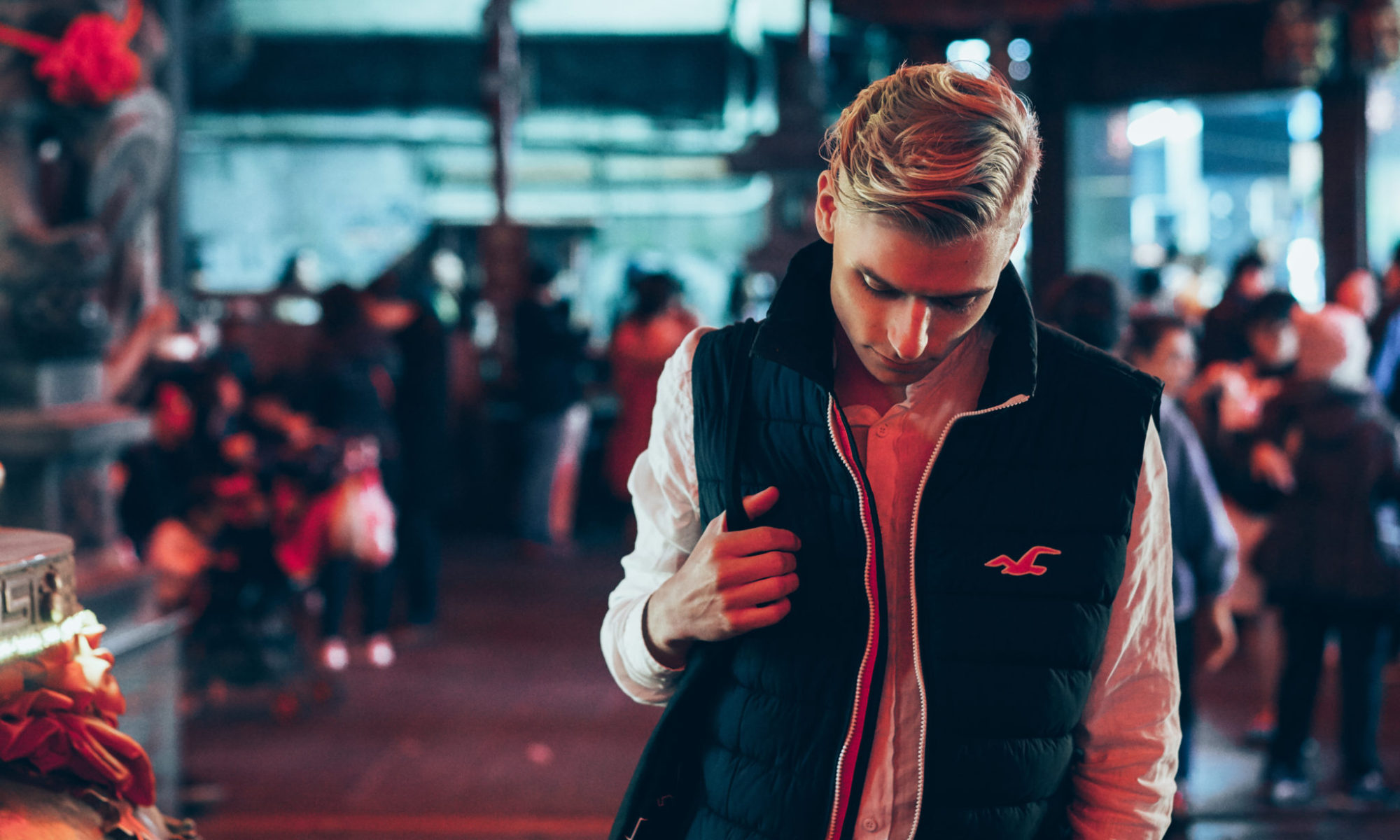After the first lockdowns in March this year, it would be fair to assume that we would learn from the past, that going out of lockdown we would be more aware of the threat of the virus. Yet, yesterday was another record of global infections. Why do we not recognize the danger of Covid-19 and act accordingly? Why do people still group up in small rooms? Why do some can’t stop partying? And why do some even go on the street and demonstrate against guidelines that are supposed to save human lives?
We like to think that all our actions are well thought through, that we understand our environment, and make rational decisions. The truth however is, we as humans act largely irrational and tend to be influenced by emotions, previous experiences, and heuristics. Our decisions maybe make sense to us, however often we take them without seeing the whole picture. Various psychological biases impact our perception of Covid-19:

The availability heuristic
The availability heuristic refers to the tendency to judge the probability of an event happening based on how easily this event is brought to mind. Clearly, Covid-19 is a situation that has never happened before. The only event potentially coming close to this was SARS in 2002, that however did not reach Europe or the US. Therefore, the risk of Covid spreading around the world was perceived higher in Asia compared to Europe. Let’s look at e.g. Taiwan that took the virus very seriously early on and until today reported only 7 deaths (population of 23 mill.). The West however had not faced a similar threat before, which is why until February everyone kept laughing about it, labeling Covid as “the China Virus” (Trump).
But now we have experienced the first wave of the virus, shouldn’t we at least be able to see the risk now? Well, let’s look at a few numbers. Germany for instance has now seen a total of roughly half a million infections, which first of all sounds like a lot. However taking into consideration Germany’s population of 80 mill people, we see that less than one percent of Germany’s population has (officially) been infected. If we look at the deaths, this number is even much lower than that. Therefore: The chance that you actually know several people who had Corona is low (Let’s keep in mind that this is the official number, with the dark number presumably being much higher than that). That’s why it is still hard for us to grasp the risk of the virus. Again: we perceive the risk of Covid as low because we have hardly seen its consequences with our own eyes. This does however not mean, that the risk doesn’t exist. It’s just hard to picture.
The self-interest bias
The self-interest bias on the other hand refers to our preference to believe what’s good for us. Research indeed suggests that that people tend to overestimate the chances of desirable outcomes over undesirable ones. Naturally, none of us wanted the world to look the way it does now. We all prefer to go out, meet our friends, to party, to travel. Ironically, in fast-changing situations with high uncertainty, we tend to perceive the status quo as less risky than introducing new significant guidelines. We want to have the “old normal”, not the highly uncertain “new normal”. Corona threatens jobs, businesses go bankrupt, people can’t see their family. All that really sucks! And even though we might not acknowledge this to ourselves at first, our preferences largely impact what we believe in and what we don’t.
The confirmation bias
Once we have built our hypothesis that Covid isn’t as serious (because we don’t want it to be), the confirmation bias comes into play. Unconsciously, we tend to value information that is consistent with our hypothesis more than evidence that would disapprove it. Our all friend Donald Trump is the best example. Obviously, the American President was informed about risks early on but Trump wanted to believe Corona wasn’t as serious as it threatened the economy and his election. Having formed the hypothesis of having everything under control and assuring the Americans to have nothing to worry about, Trump specifically looked for information that was aligned with his opinion. This lead him to rather wild suggestions such as promoting drugs without scientific evidence or suggesting that injecting disinfectants could cure the virus. It appears that many of us specifically look for information that downplay Covid and ignore others, such as globally increasing numbers and the success of strict lockdowns in China.
I don’t know if all political decisions made are the best ones and I don’t want to seem that way. The covid crisis is a wicked problem that involves many stakeholders and shows high ambiguity. I still feel that we don’t really know what we know. What I do know however is that our behavior of disregarding corona leads us straight into another lockdown. This little piece is an introduction to the psychology behind our actions.
/jacob














